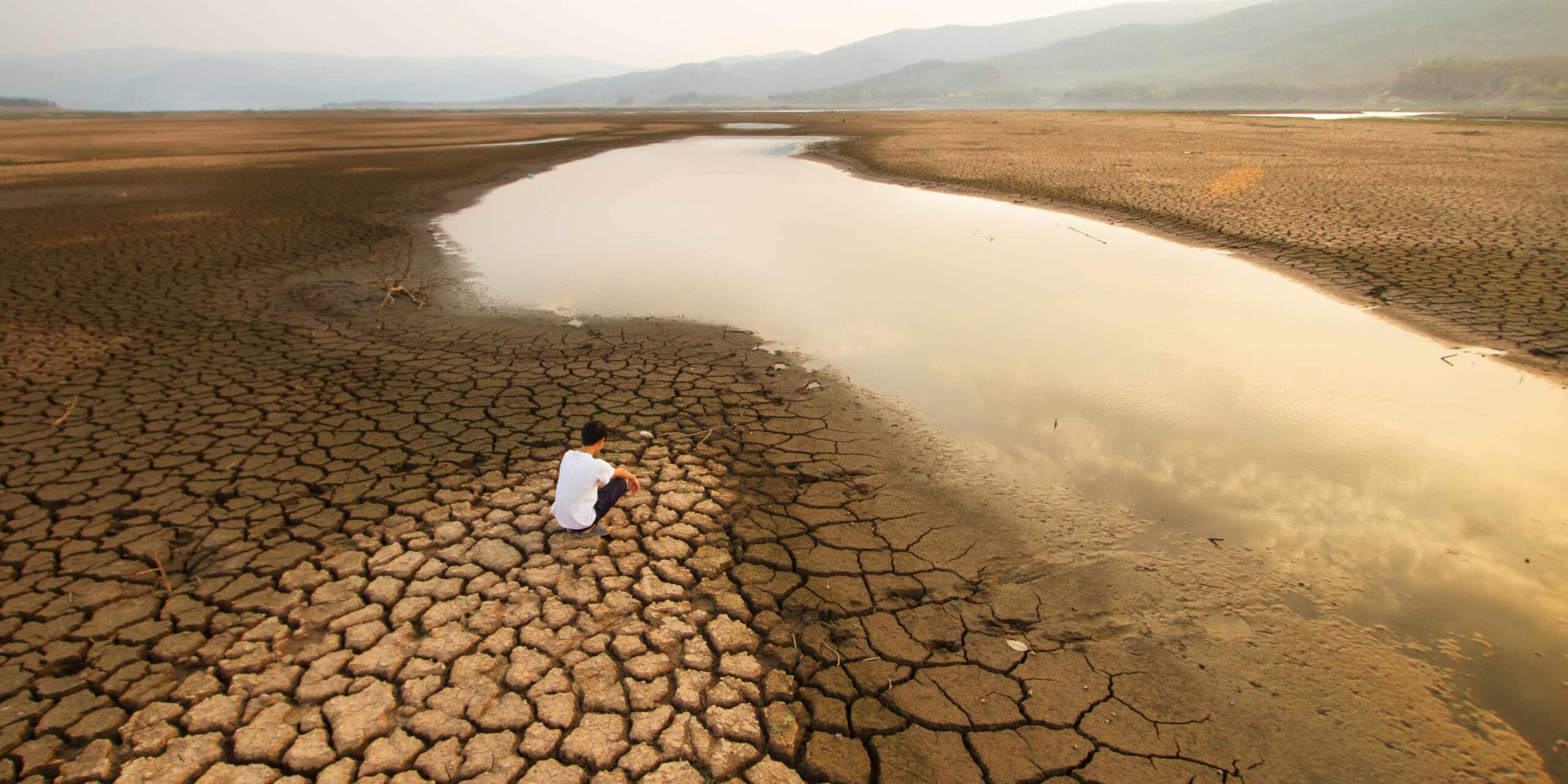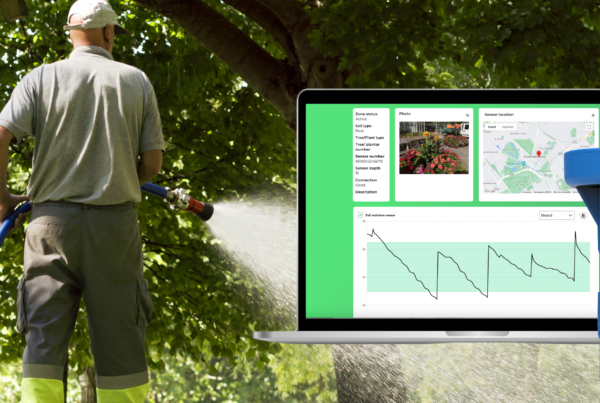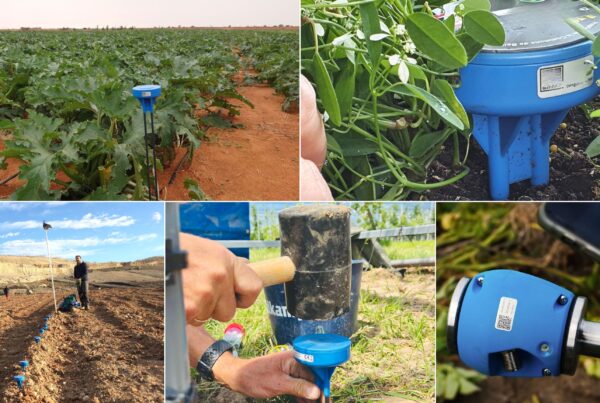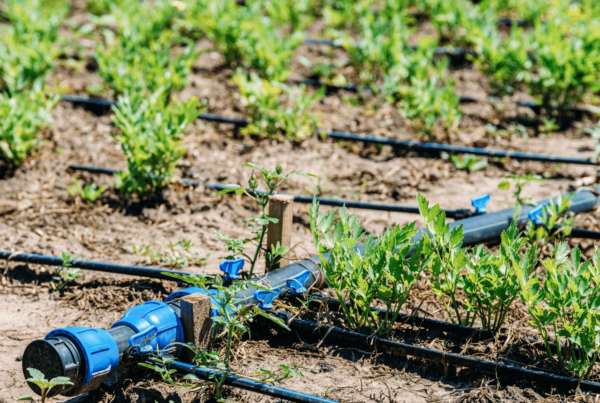In an era where sustainable resource management is paramount, the recently published report titled “The High Cost of Cheap Water” by the World Wildlife Fund (WWF) underscores the undervalued status of water. One of the world’s most precious yet extensively exploited resources. This eye-opening report brings into focus the detrimental consequences of neglecting the significance of water resources, often referred to as “water blindness.”
The report reveals that this lack of awareness of water’s importance has led to a global water crisis that significantly impacts both human and planetary health. This crisis is multifaceted, encompassing issues such as restricted access to safe water and sanitation, an upsurge in food insecurity. And is heightened water-related risks to the agricultural and industrial sectors, and the alarming loss of freshwater species and ecosystems. As the world grapples with growing populations, burgeoning economies, urbanization, and the disruptive force of climate change, the pressure on water supplies and ecosystems continues to intensify.
High Cost of Cheap Water
The “High Cost of Cheap Water” report seeks to combat this water blindness by emphasizing the need to recognize and value the multitude of benefits offered by healthy freshwater ecosystems. These benefits are wide-ranging and include the assurance of food and water security. Along with the capacity to adapt to a changing climate, the preservation of biodiversity, and the profound cultural and spiritual significance to communities across the globe.
The report underscores that the vast value derived from rivers, lakes, wetlands, and aquifers is frequently overlooked. Such as more than one-third of the world’s food production being directly dependent on these water sources. This, in turn, emphasizes the intricate connection between water and food security.

Quantifying the Value of Water
Moreover, the report provides a staggering estimate of the total quantifiable economic use value of water in 2021. This amounts to approximately US$58 trillion, equivalent to 60% of the global GDP for that year. While direct use benefits tally up to a minimum of US$7.5 trillion annually for households, agriculture, and industries. The indirect benefits of freshwater ecosystems that are the unsung heroes. These ecosystem benefits, such as water purification, sediment delivery, and bolstering climate resilience, are chronically undervalued, generating an estimated US$50 trillion annually.
However, the degradation of these crucial ecosystems, stemming from unsustainable withdrawals, pollution. And the impact of climate change, poses a significant threat to this enormous value. Alarmingly, two-thirds of the world’s large rivers are no longer free-flowing, and a third of wetlands have disappeared since 1970.
Water Management & Conservation
The report heralds a call to action for a reevaluation of water management and protection. It emphasizes that water is not merely a resource to be extracted, but an intrinsic part of nature. It urges for increased investments in sustainable water infrastructure. And brings front the recognition of rivers, lakes, wetlands, and aquifers as dynamic, life-sustaining systems. To address these challenges effectively, the report also stresses the need for collective action by stakeholders to reshape how the world values and manages water and freshwater ecosystems.
The pressing freshwater crisis is gaining awareness at various levels, from political to corporate. Nevertheless, the report underscores that more needs to be done to translate this awareness into actionable steps to safeguard freshwater resources. Urgent, collective action to establish water governance partnership that can preserve, restore, and sustainably manage the world’s freshwater sources. These efforts must be aligned with a vision of a net-zero, nature-positive, equitable, and resilient future.
In conclusion, the “High Cost of Cheap Water” report serves as a clarion call, urging us to recognize the true worth of water. And take swift and decisive action to ensure the sustainability of this invaluable resource for current and future generations.
About Sensoterra
Sensoterra develops low-cost, simple, and robust wireless soil moisture sensors, providing actionable insights that enable water management platforms and solutions. Our sensors are built to integrate into any platform with our unique ‘API first’ philosophy – offering freedom and flexibility for data integration. It is our mission to enable water management platforms and solutions worldwide. We help by ‘Making Sense of Water’. We produce simple, robust, and low-cost wireless soil moisture sensors that are easy to deploy and built to integrate. With proven success in the applications of smart city landscaping, environmental monitoring, and precision agriculture, the Sensoterra solution integrates seamlessly in existing water and land management platforms.
Contact for more information, pictures and/or interview requests:
Jessica Nuboer
Marketing & Communications
Sensoterra
Email: [email protected]






